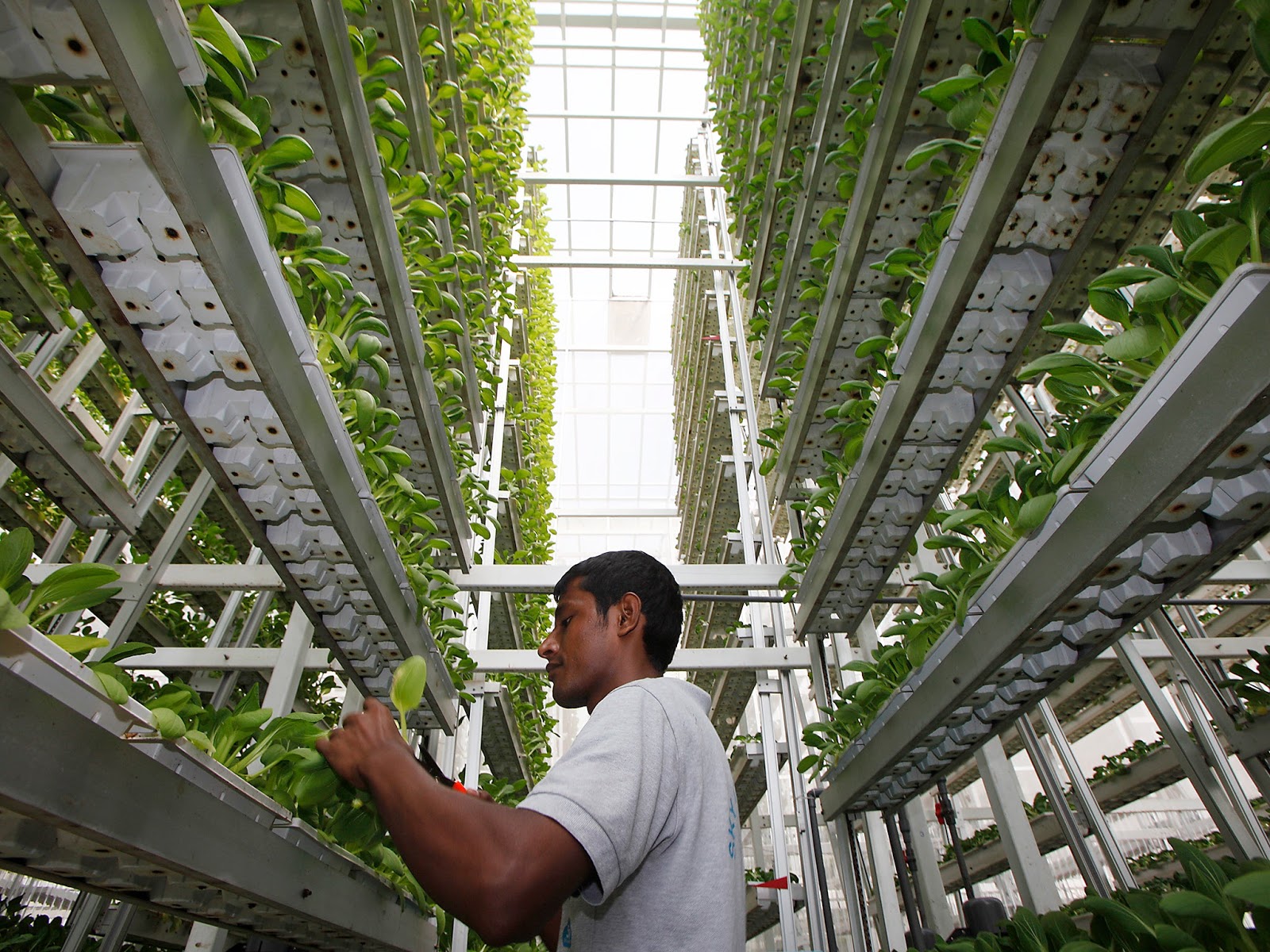11 Dec 2024

Tired Earth
By The Editorial Board

To make matters worse, the substantial environmental and economic benefits from sustainable practices like lowering carbon emissions, improving land management and other environmental good practices often go unrewarded by the financial system, even though the returns to society are high.
These paradoxes are caused by markets that are missing for the environment and natural capital.
For too long, the world has relied on directionless governments and the unreliable promises of corporate social responsibility and shareholder activism to manage the environment and natural capital and deliver the investment needed to avoid climate change. It hasn’t worked.
Luckily, there is a better way.
These missing markets are the product of deficient global financial rules, insufficient data and weak institutions. Some national governments are now beginning to struggle with these things, but what they need is international cooperation.
The weight of research shows that businesses and households that have good environmental credentials are also better borrowers. They are less likely to default on their loans and they are less likely to be late on their repayments.
In a well-functioning market where these broader social and economic benefits are properly priced, these borrowers would get lower interest rates and, when these loans were securitized and sold-on in the form of bonds, the bonds would be more favourably priced because the underlying asset is stronger and safer.
This is not what we are seeing. While there are some banks and financial institutions which are increasingly taking environmental credentials into account, we are not seeing it on the scale that the evidence would recommend, particularly in developing countries.
The regulations that inhibit sustainable investment globally are the Basel III global capital rules and national financial regulations that seek to implement them. Among other things, these rules require banks to hold high-quality assets on their balance sheets to buffer them from shocks. But the rules around the quality of these assets don’t account for the fact that environmentally friendly loans are safer than environmentally unfriendly loans. The result is that the world’s banks aren’t holding or issuing enough green debt, resulting in less sustainable investment.
It gets worse. The failure of these rules to properly price environmental risks undermines the stability of the financial system, as it means there are risks endemic in bank balance sheets and the broader financial system that we aren’t accounting for. A borrower that is forced to undertake a costly environmental clean-up, for example, could quickly find themselves in financial trouble — a shock which is then transmitted through to the lender and any financial assets that are underpinned by that original loan.
Another factor constraining sustainable investment is a lack of data. There are a range of organisations that provide ratings on the environmental credentials of firms. These data are vital for markets to price environmental risks properly. But these organisations often provide different environmental ratings for the same businesses which makes such pricing difficult.
The ability to collect high-quality data on things like land management and the environmental impact of firms has never been easier given the availability of digital and remote sensing technologies. But in countries where such technologies are unavailable and where firms are not yet providing comprehensive environmental ratings it becomes very difficult for markets to price these risks.
How do we begin to get national financial authorities to work towards a global financial regime that properly prices natural capital (reduced carbon emission, environmental sustainability)? In China, Europe and elsewhere authorities have begun actively framing national approaches to the problem, but the global nature of capital markets and environmental challenges requires a global solution.
China’s central bank governor, Yi Gang, has announced that the People’s Bank of China (PBOC) is co-operating with the European Union to achieve convergence of green investment taxonomies across the two markets, aiming to implement a jointly recognised classification system for business environmental credentials by the end of this year.
APEC is a platform from which to work these issues through. As a cooperation framework more than a negotiation forum it can support finding practical areas of cooperation, especially between the United States and China, and build broader consensus for mutual benefit. APEC also brings a practical, private sector-led way of getting action on climate change which supports agriculture, boosts investment and bolsters financial stability; something which can help bring more recalcitrant governments into the tent.
Sustainable investment is a practical area in which China and the United States can work together on a common priority. It is an issue PBOC has been working on for some years, it has political appeal across both sides of the isle in the United States and is something which resonates with APEC governments who prefer technology and private sector-led approaches to climate change.
One challenge is in making sure that loans are provided for the right amount of time. The economic payoffs that come from sustainable investments like improved land management can take decades to materialise. There’s a role for government to make sure that there are institutions in place to spur markets in natural capital and design those markets in the most effective way possible.
With government budgets in tatters and the threat of climate change looming ominously, boosting the role of private finance has gone from being preferable to being essential.
Source : eastasiaforum.org
Comment